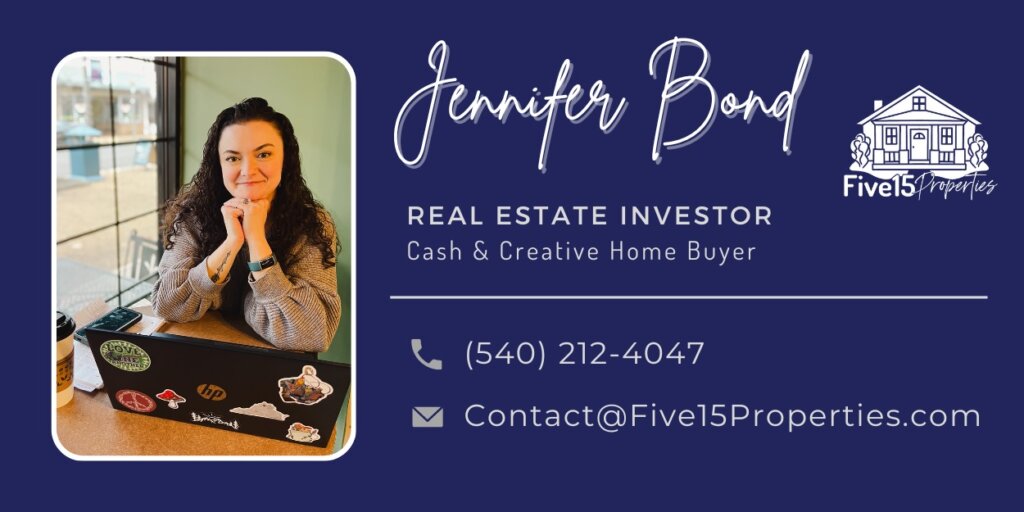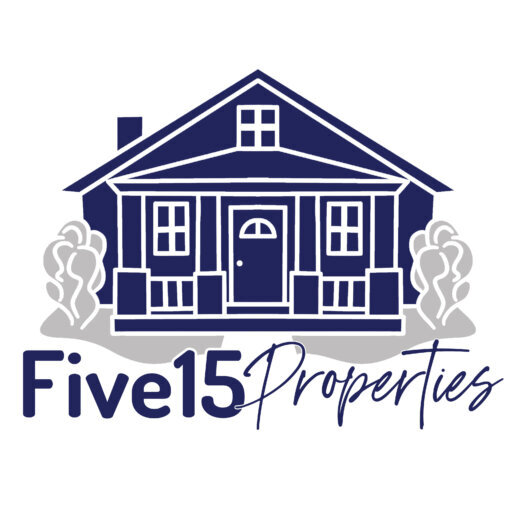
Few situations are as distressing for families as the looming threat of foreclosure. When you own a home that has been a cherished sanctuary for you and your loved ones, the idea of losing it due to unforeseen circumstances can be heart-wrenching. Unfortunately, the threat of foreclosure can sometimes feel inevitable despite your best efforts.
For families in VA facing the prospect of foreclosure, the emotional and financial strain can be overwhelming. The foreclosure process is notoriously protracted, often dragging on for months or even years, extending the agony far longer than anyone would wish.
The good news is that you have more options than you might initially realize. In VA, there are various strategies available to help you address and potentially prevent foreclosure. These are legitimate, legal methods that can assist you in navigating the complexities of foreclosure and provide a path forward, allowing you to regain control of your situation.
In this blog post, we will explore three effective strategies that you can use to avoid foreclosure. While these are not the only solutions available, they represent a starting point for resolving your foreclosure issue. The aim of these strategies is to help you avoid foreclosure in a legal and ethical manner, alleviating the immediate stress and frustration you are experiencing while minimizing any long-term financial impacts or burdens.
Although not every strategy will be applicable to every individual situation, you are likely to find at least one of these approaches that could work for you. By considering these options, you can take proactive steps towards resolving your foreclosure dilemma and moving forward with your life.

Strategy #1: Work out a deal with your lender
The first strategy you might consider is known as a “foreclosure workout.” This approach involves engaging directly with your lender to address your financial difficulties and explore ways to keep your home. Essentially, a foreclosure workout is a negotiation process where you communicate to your lender that, due to current financial constraints, you are unable to meet your existing mortgage obligations as they stand. However, you are keen on finding a solution that will allow you to remain in your home and continue making mortgage payments.
It’s important to understand that lenders typically do not desire to initiate foreclosure proceedings. Their primary goal is to maintain a steady flow of payments from their customers rather than going through the lengthy and costly foreclosure process. As such, lenders are often more open than one might expect to working out a solution with homeowners who are facing financial hardship.
A foreclosure workout can involve several different strategies depending on your specific circumstances and the willingness of your lender. For instance, one possible option might be a temporary suspension of your mortgage payments. This would provide you with a short-term reprieve and could give you the breathing room needed to stabilize your financial situation.
Alternatively, your lender might propose a catch-up plan. In this arrangement, any missed payments are spread out over a set period, allowing you to gradually bring your account up to date without having to make a lump-sum payment immediately.
Another possibility is a restructuring of your existing mortgage. This could involve extending the term of the loan, adjusting the interest rate, or modifying the principal balance to make the payments more manageable going forward.
Each of these solutions aims to create a workable plan that accommodates your current financial situation while enabling you to continue fulfilling your mortgage obligations and staying in your home. By initiating a foreclosure workout, you demonstrate your commitment to resolving the issue, and in many cases, you can achieve a resolution that is beneficial for both you and your lender.
Strategy #2. Bankruptcy
Opting to file for bankruptcy might seem like a drastic step, but it is indeed one of the viable strategies available to help you avoid foreclosure. When you file for bankruptcy, you essentially notify all of your creditors that you are currently unable to meet your financial obligations. This legal action triggers an automatic stay, which halts all collection activities, including foreclosure proceedings, giving you temporary relief from the immediate threat of losing your home.
While bankruptcy can offer a respite from the foreclosure process and provide some breathing room, it’s important to recognize that it is a significant and serious decision. Filing for bankruptcy may involve liquidating some of your assets to settle outstanding debts, which can be a challenging and potentially distressing process. Additionally, a bankruptcy filing will remain on your credit report for several years, typically up to a decade, which can have far-reaching effects on your financial future. It can influence your ability to secure new loans, purchase a vehicle, or even affect your employment opportunities, as some employers may consider your credit history in their hiring decisions.
Given these consequences, bankruptcy should not be the first option you consider when facing foreclosure. It’s typically viewed as a last resort after exploring other less severe alternatives. Before choosing to file for bankruptcy, it’s crucial to evaluate all other potential solutions and consult with a financial advisor or bankruptcy attorney. They can provide you with a comprehensive understanding of the implications and help you determine if this path is truly necessary or if there are other strategies that might be more appropriate for your situation.
Strategy #3. Short sale help for a foreclosure in Shenandoah Valley
Short Sale: A Viable Strategy for Avoiding Foreclosure
- What is a Short Sale?
A short sale involves selling your home and using the proceeds from the sale to pay off a portion of your outstanding mortgage balance. This strategy is particularly advantageous for those facing foreclosure. - Proactive Approach
- Control: Initiating a short sale puts you in control of the situation, helping to alleviate the stress of foreclosure. It allows you to actively manage the process and avoid feeling overwhelmed by circumstances that seem beyond your control.
- Speed
- Quick Sale: In some cases, a short sale can be completed in as little as a week. This efficiency is partly due to the availability of local resources and assistance, such as organizations like Five15 Properties in Shenandoah Valley, which help streamline the short sale process.
- Effectiveness
- Debt Reduction: A short sale can significantly reduce or even completely eliminate the amount you owe on your mortgage. If there is any remaining balance after the sale, you may be able to negotiate with your lender to address this shortfall.
- Credit Impact: While you will need to leave your home, the impact on your credit score from a short sale is generally less severe compared to bankruptcy or foreclosure. This makes it a smarter long-term strategy, helping you recover more quickly and maintain better financial options in the future.
A short sale offers a proactive, fast, and effective way to address foreclosure, helping you to manage your situation and potentially mitigate the long-term impact on your financial health.
What Do You Have To Lose? Get Started Now…
We buy houses in ANY CONDITION in VA. There are no commissions or fees and no obligation whatsoever. Start below by giving us a bit of information about your property or call or text at (540) 212 4047.

Foreclosure | Short Sale | Bankruptcy | Credit Impact
